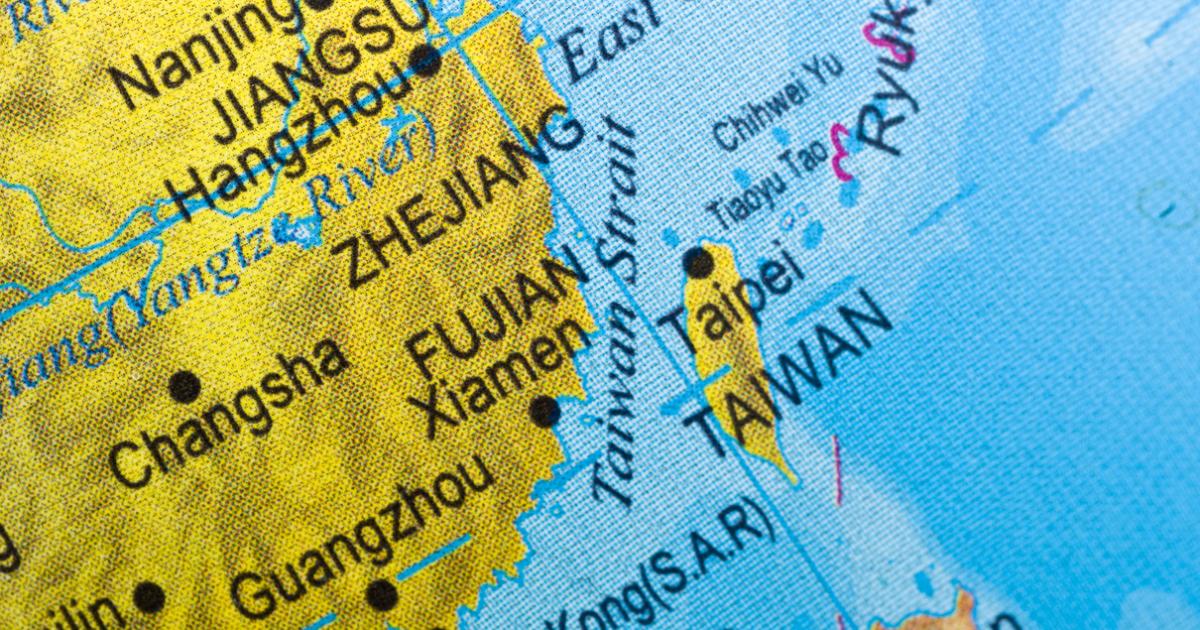The Legacy of Xi Zhongxun: Insights into Xi Jinping's Influence

China's leader, Xi Jinping, stands out as one of the most formidable figures in contemporary global politics. Yet, his life and leadership style remain shrouded in mystery for many. To understand Xi Jinping better, it is essential to explore the profound influence of his father, Xi Zhongxun (19132002), whose legacy within the Chinese Communist Party (CCP) is both profound and multifaceted.
Xi Zhongxun dedicated over seventy years of his life to the CCP, a period during which he became a pivotal figure within the party's hierarchy. He worked closely with several prominent leaders, including Zhou Enlai and Hu Yaobang, both of whom played crucial roles in shaping modern China's political landscape. Notably, Xi Zhongxun was instrumental in establishing the Communist base area that was vital to Mao Zedong's survival during the critical year of 1935. His contributions were not limited to the early years of the party; he was also a key architect behind the Special Economic Zones (SEZs) that emerged in the late 20th century after Mao's death, effectively propelling China into an era of economic reform and opening up to international markets.
Moreover, Xi Zhongxun was deeply engaged in the Party's United Front efforts, which sought to maintain relationships with various ethnic groups, including Tibetans, Uyghurs, and Taiwanese. His approach was characterized by a blend of diplomacy and strategy, reflecting the complexities of governance in a diverse nation like China. However, his legacy is not without its contradictions. In 1989, during the Tiananmen Square protests, Xi Zhongxun initially advocated for a more peaceful resolution. Yet, under pressure from party hardliners, he ultimately aligned himself with the Party's decision to suppress the protests violently, a choice that left a lasting stain on his legacy.
The book titled The Party's Interests Come First is the first comprehensive biography of Xi Zhongxun available in English. Authored by Joseph Torigian, this biography offers not only a sweeping narrative of the Chinese revolution and the formative years of the People's Republic of China but also a deeply personal exploration of identity in the realm of politics. With access to a variety of new documents, interviews, diaries, and periodicals, Torigian skillfully crafts the life story of Xi Zhongxun, illustrating how he navigated the often tumultuous waters of personal conviction versus party loyalty.
Through the lens of Xi Jinping's father, Torigian effectively elucidates the immense organizational, ideological, and coercive power wielded by the CCP. He also sheds light on the significant human costs associated with such power dynamics, revealing the often overlooked suffering endured by countless individuals as the Party pursued its goals. This biography promises to be an essential read for anyone seeking to understand the roots of Xi Jinping's leadership style and the broader implications of his father's legacy on Chinese politics.
For those interested in exploring this compelling narrative further, CLICK HERE TO BUY.


























